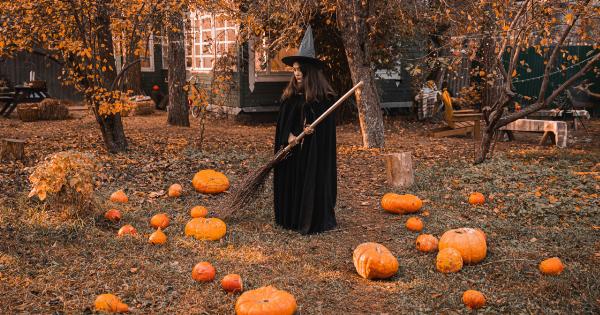With the holiday season right around the corner, many homes are already starting to prepare for the festivities.
And what is a Christmas without a Christmas tree? A quintessential part of the holidays, the Christmas tree decked in lights and ornaments, is one of the most recognizable symbols of the season. But for many people, this iconic holiday decoration can cause a number of unpleasant symptoms.
What Causes Allergies?
Before we dive into whether or not your Christmas tree is responsible for your allergies, let’s take a look at what actually causes allergy symptoms.
An allergic reaction occurs when your immune system overreacts to a substance that is usually harmless. This substance is known as an allergen. Common allergens include pollen, dust, pet dander, and certain foods.
When exposed to an allergen, your immune system releases a chemical called histamine. It is this histamine that causes the symptoms of an allergic reaction. These symptoms can include:.
- Sneezing
- Runny or stuffy nose
- Itchy eyes, nose, or throat
- Coughing
- Wheezing
- Skin rash or hives
What Causes Christmas Tree Allergies?
Now, let’s get to the question at hand: can your Christmas tree cause allergies? The answer is yes, it certainly can. There are a number of potential allergens associated with Christmas trees, including:.
- Pollen
- Dust
- Mold
- Sap
- Pesticides
One of the biggest culprits behind Christmas tree allergies is pollen. Pine trees are known to produce high levels of pollen, which can trigger allergic reactions in some people.
Additionally, if you have a live Christmas tree, it can bring dust and mold into your home. The warm, humid environment created by your home can cause mold spores to grow, which can lead to allergy symptoms.
The sap of a Christmas tree can also cause allergies in some people. This sticky substance can cause skin irritation and may even lead to an allergic reaction in some individuals.
Finally, the pesticides used to treat some Christmas trees can also cause allergic reactions.
How to Reduce Christmas Tree Allergies
If you suffer from allergies, there are several steps you can take to reduce your exposure to potential allergens associated with Christmas trees. Some tips include:.
- Choose an artificial tree: If you know that you are allergic to pollen, dust, or mold, an artificial tree may be a better choice for you.
- Rinse your tree: If you have a live Christmas tree, give it a good rinse in warm water before bringing it inside. This can help remove any potential allergens from the tree.
- Use an air purifier: An air purifier can help filter out potential allergens from the air, including pollen, dust, and mold spores.
- Vacuum regularly: Make sure to vacuum regularly throughout the holiday season to remove any potential allergens from your home.
- Wash your hands frequently: This can help prevent the spread of germs and potential allergens.
The Bottom Line
While Christmas trees can certainly cause allergies in some people, there are steps you can take to reduce your exposure to potential allergens.
If you suffer from allergies, consider an artificial tree or take steps to reduce your exposure to potential allergens associated with live Christmas trees.






























